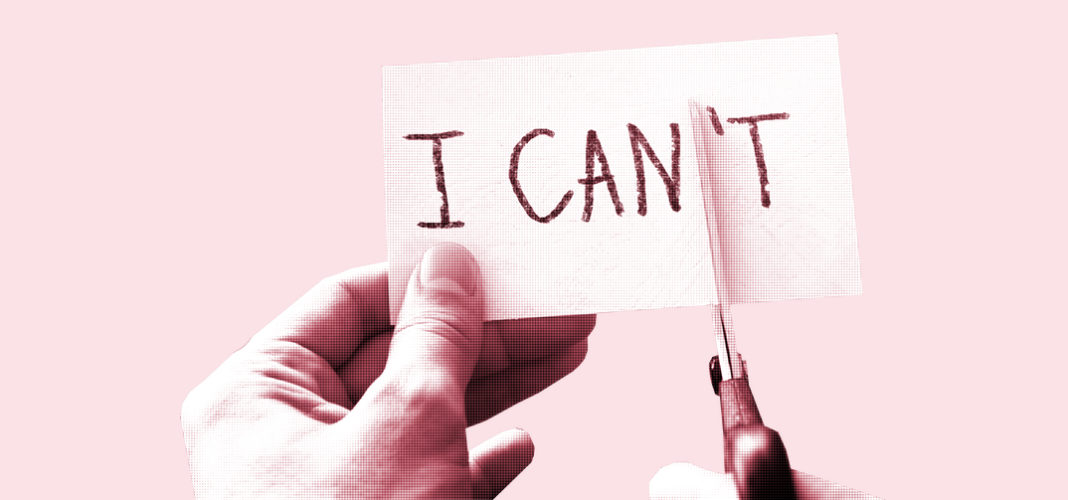Conventional wisdom holds that people don’t really change. We typecast others and ourselves. “She is an anxious person.” “He is such a grouch.” “I am naturally lazy.” The problem with this rigid belief system is that it is self-fulfilling. The moment you label yourself as lazy, you give yourself permission to slack off. Similarly, if you assume your co-worker is anxiety-ridden, you will interpret any ambiguous behavior as further evidence that she is a worrywart.
As tempting as it is to put ourselves and others into boxes, research suggests that the opposite —believing that change is possible — is the key. According to a 2014 study, ninth graders who read information about how people and the brain are capable of change were less likely to develop depression than students who were not educated about how personality is flexible. It was a low-cost, one-time intervention that had lasting results.
David Scott Yeager, the lead researcher, highlights the impact of this simple exercise:
We were amazed that a brief exposure to the message that people can change, during a key transition — the first few weeks of high school — could prevent increases in symptoms of depression.
American industrialist Henry Ford said it best:
Whether you think you can change, or you think you can’t change, you’re right.
I wish you all the best,
Dr. Samantha Boardman






